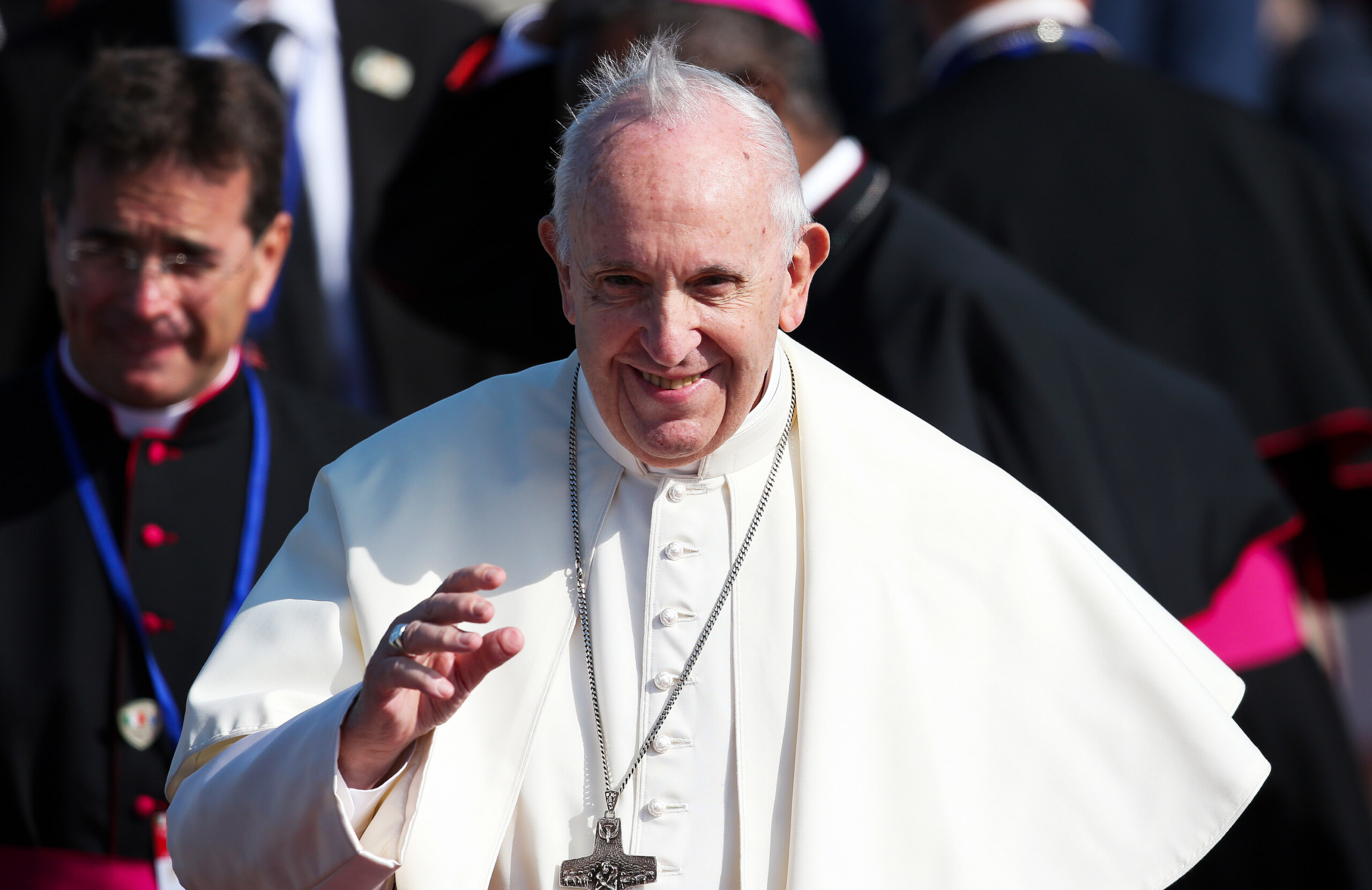Continuing a cycle of reflections dedicated to Christian prayer, the Pope focused on the theme of “spiritual struggle” and on how the great masters of Christian history recognize that prayer is not always easy, for our human nature.
Prayer is not easy
Prayer, the Pope said, certainly gives great peace, but praying is not something easy: “Every time we want to pray, we are immediately reminded of many other activities, which at that moment seem more important and more urgent. Almost always, after putting off prayer, we realise that those things were not essential at all and that we may have wasted time.”
“This, he said, is how the Enemy deceives us.”
The Holy Father reflected on how even some saints have lamented the fatigue and discomfort of prayer and yet continued to persevere in prayer for years, “without savouring it, without perceiving its usefulness.”
“Silence, prayer and concentration are difficult exercises, and sometimes human nature rebels,” he said, “We would rather be anywhere else in the world, but not there, on that church pew, praying.”
Faith is not easy, he added, “and sometimes it proceeds in almost total darkness, without points of reference.”
The enemies of prayer
The Pope went on to explain that the Catechism lists a long series of enemies of prayer (see nos. 2726-2728), but it teaches us that prayer, although a free and unmerited gift of God’s grace, can be affected by our human experiences of discouragement, sadness or disappointment:
“Some doubt that prayer can truly reach the Almighty: why does God remain silent? Faced with the elusiveness of the divine, others suspect that prayer is a merely psychological operation; something that may be useful, but is neither true nor necessary: one could even be a practitioner without being a believer.”
The worst enemies of prayer, he said, are to be found within us.
Words of wisdom
Asking ourselves “what should we do in the time of temptation, when everything seems to waver?” the Pope upheld the examples and lessons to be learnt from the history of spirituality and from the “masters of the soul” who offer contribution and words of wisdom for dealing with difficult times.
For example, he continued, “the Spiritual Exercises of Saint Ignatius of Loyola are a short book full of great wisdom, which teaches how to put one’s life in order: It makes us understand that the Christian vocation is militancy, it is the decision to stand beneath the banner of Jesus Christ and not under that of the devil, trying to do good even when it becomes difficult.”
Jesus is always with us
But in times of trial, Pope Francis reminded the faithful, it is good to remember that we are not alone, that someone is watching over us and protecting us.
He recalled the trials faced by the hermit, Saint Anthony the Abbot when prayer became a difficult struggle:
His biographer, the Pope recounted, tells us that Anthony was disturbed by his ordeal, but resisted: “When he finally became serene again, he turned to his Lord with a tone almost of reproach: ‘Where were you? Why did you not come immediately to put an end to my suffering?’ And Jesus answered: ‘Anthony, I was there. But I was waiting to see you fight’”.
A miracle witnessed
The Pope then delved into some of his own personal memories from when he worked in an Argentinean diocese. He told of how the father of a critically ill child, a worker who did not attend Mass every Sunday, travelled 70 kilometres to pray at the Basilica of Our Lady of Lujan, the Patron Saint of Argentina. When he got there, the Pope said, it was 10 pm and the Basilica was closed. But he spent the night praying at its gates, and when the church doors opened the following morning he entered, greeted Our Lady, and went home to find that his daughter would be saved.
“Struggling to make himself heard through prayer, that man was graced by Our Lady. Our Lady listened. It is something I have witnessed: prayer accomplishes miracles because prayer goes straight to the tenderness of God who sees us as a father does,” the Pope said.
It happens, he added, that we ask for a grace that we are in need of, “but we do so without fighting for it… prayer is a fight and the Lord is always with us.”
‘I thought I was alone but I was not’
Jesus, the Pope concluded, is always with us: “If in a moment of blindness, we cannot see His presence, we will in the future,” and he reminded believers that “At the end of our lives, looking back, we too will be able to say: “I thought I was alone, but no, I was not: Jesus was with me”.
ENDS


